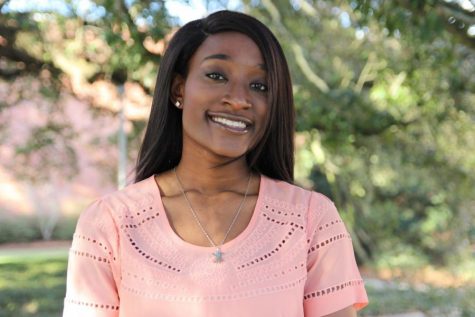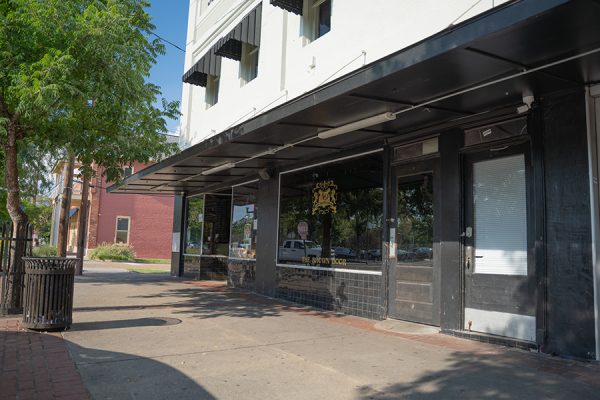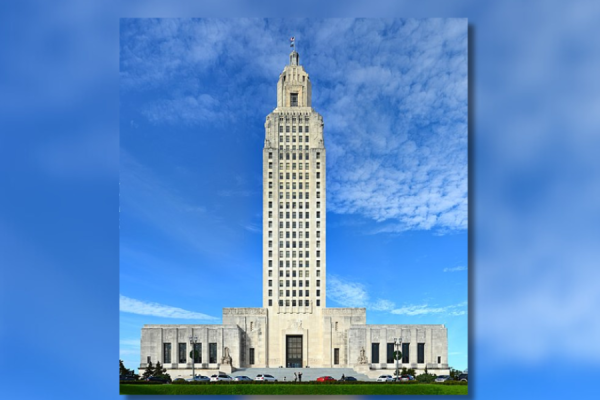Senior kinesiology student conducts COVID-19 study
While the Centers for Disease Control and Prevention has been consistently updating the nation’s number of cases in each state, the university has also been working on a research study for case numbers.
Sabrina Hickey, a senior kinesiology major, is the student behind a new study on college students’ experiences so far with COVID-19.
Hickey needed a topic for her Honors Program senior thesis, for which she had to create an experiment and conduct research to the best of her ability, using university students to collect data. She chose to use COVID-19 because it is something that no university has ever dealt with before, so she felt that it was a relevant and important question to ask.
Hickey created a survey in order to ask a number of students for their perspective on everything that has affected their college life this semester.
“Barriers/hurdles to overcome to do well in school when SLU transitioned to all online classes in March,” said Hickey. “Concerns about self and others getting the virus, and COVID-19 interfering with work, the economy and life in general. The extent to which students engage in protective behaviors to prevent the spread of COVID-19. Whether the transition to all online classes negatively impacted academic performance (GPA) in the spring semester, and whether COVID-19 and its impact on life have resulted in students changing their minds about their career path.”
The survey was issued online and in-person. It specifically targeted students pursuing degrees and careers in healthcare and education.
“We are interested in these specific groups because we felt that COVID-19 has changed the delivery of healthcare and education,” explained Hickey.
Britney Donaldson, a sophomore nursing major, took the survey and agreed that the research is very important for shining light on the student experience during this new norm.
“I hope Sabrina’s research will help her and the university better understand the depths of the crazy situation we are going through, as well as understanding how it has impacted us as students,” said Donaldson.
Donaldson admitted she had a hard time adjusting to the hybrid classes. Her labs are two hours long and in-person, so her professor developed a new way for students to come to class in person
“The first half of the class comes in for the first hour to interact with the professor and models, then after we clean and leave, the second half of the class comes in for the second hour of the class,” explained Donaldson.
With the help of two faculty members, Hickey plans to have the results of her research released next semester.
Your donation will support The Lion's Roar student journalists at Southeastern Louisiana University.
In addition, your contribution will allow us to cover our annual website hosting costs.
No gift is too small.

Trinity Brown is a communication major with a concentration in electronic media and a Baton Rouge native. She is very active on campus as an SGA senator,...



